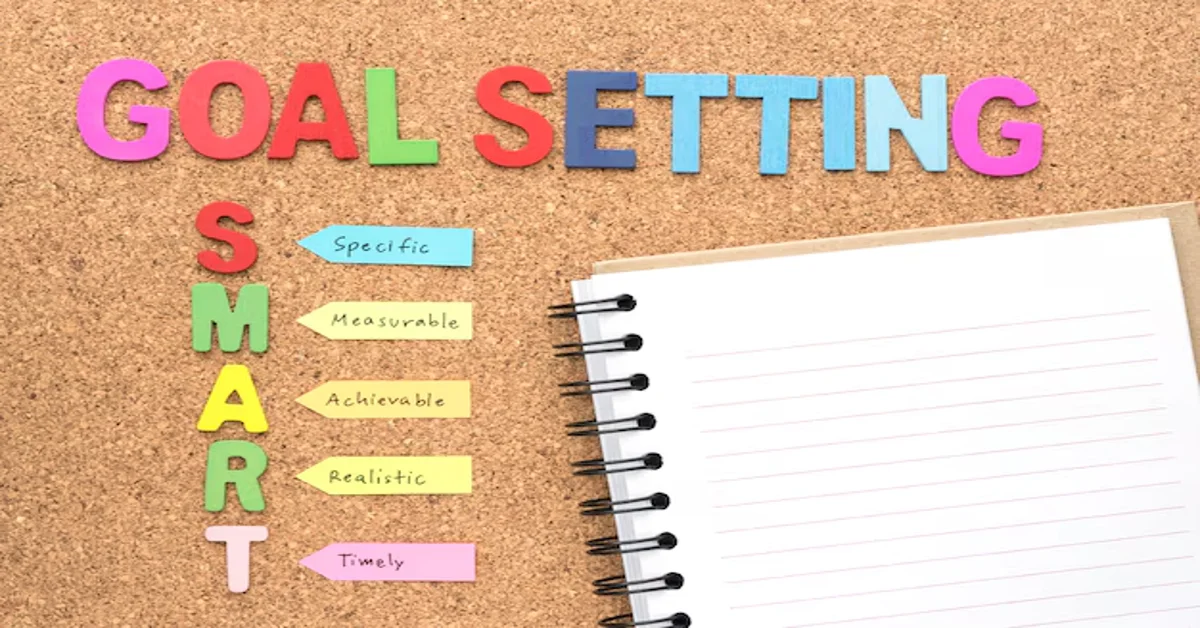Setting short-term goals can lead to significant changes in your life. With just 12 weeks from today, you have a defined period to make tangible progress. This timeframe encourages focus and motivation.
To begin, identify specific objectives that resonate with you. Whether it’s enhancing skills or starting a new project, clarity is key. Write these down and visualize the outcome.
Next, break each goal into actionable steps. Small tasks are more manageable and will keep you on track as the weeks progress. Regularly review your advancement; this helps maintain momentum and boosts accountability throughout your journey.
Determining the Date 12 Weeks from Today
Determining the date 12 weeks from today is a straightforward task. Simply count 84 days ahead to find your target date. This process helps you visualize your short-term goals more effectively.
Using a calendar can make this even easier. Mark today’s date and add three months, keeping in mind that some months have varying lengths.
Staying aware of any holidays or events during this timeframe will help you plan better. With a defined endpoint, you’re now ready to strategize for achieving your objectives within those twelve weeks.
How to Calculate the Date 12 Weeks From Now
Calculating the date 12 weeks from now is straightforward. Start by identifying today’s date on a calendar.
Next, remember that 12 weeks equals 84 days. You can either count forward day by day or use an online date calculator for ease.
If you prefer manual calculations, simply add the number of days to your current date. Be mindful of months with varying lengths—February has fewer days than March or July, for instance. This ensures accuracy as you plan your short-term goals effectively moving forward.
Understanding Time Frames
Understanding time frames is crucial when setting and achieving goals. Twelve weeks may seem brief, yet it can be a powerful period for meaningful change. This duration allows you to break larger ambitions into manageable tasks.
A quarter of a year provides enough flexibility for planning while still maintaining urgency. You can set milestones that help track your progress without feeling overwhelmed by the timeline.
By recognizing how much you can accomplish in twelve weeks, you’ll gain insight into effective goal-setting strategies. Embracing this time frame empowers you to navigate challenges with clarity and focus, enhancing your chances of success.
How Much Time Does Twelve Weeks Represent?
Twelve weeks may seem like a brief period, but it can be transformative. In total, this timeframe consists of 84 days. That’s roughly 2,016 hours or 120,960 minutes.
When broken down further, twelve weeks equals about three months. This period is often perfect for setting and achieving short-term goals without feeling overwhelming.
Whether you’re aiming to learn a new skill or start a fitness journey, having clear milestones within these weeks can enhance your focus and motivation significantly. Small steps each week lead to substantial progress over time.
Exploring Relative Dates
Understanding relative dates can enhance your planning. When you look at “12 weeks from today,” consider how it fits into your life’s timeline. Each week is a building block toward achieving your goals.
Future dates play a vital role in setting milestones. Knowing when you’ll reach specific points helps maintain motivation and accountability as you track progress.
On the flip side, reflecting on past dates can provide valuable insights. Analyzing previous experiences allows for smarter decision-making moving forward, ensuring better outcomes in your journey to success over the next 12 weeks.
Dates in the Future
When considering dates in the future, it’s vital to identify key milestones. These can be personal deadlines or significant events that influence your goals. Establishing these points helps create a structured timeline.
Future dates also enable you to visualize progress. Marking off completed tasks fosters motivation and accountability. Seeing how far you’ve come can boost confidence.
Additionally, consider potential obstacles arising before these dates arrive. Planning for challenges ensures you stay on track. Flexibility is essential as circumstances may change unexpectedly, but awareness of future timelines keeps your focus sharp.
Dates in the Past
Looking back at dates in the past can provide valuable insights into your journey. Understanding where you started helps track progress and identify patterns. Reflecting on these moments enables learning from both successes and setbacks.
Consider significant milestones or challenges you’ve faced over the last twelve weeks. This reflection allows you to grasp what worked well and what didn’t, informing future plans.
Additionally, recognizing how previous deadlines impacted your goals can strengthen time management skills. By analyzing past endeavors, you set a more informed foundation for the next 12 weeks from today, ensuring growth and improvement moving forward.
Leveraging Time Management Resources
Effective time management is crucial for achieving your 12 weeks from today objectives. By utilizing various resources, you can enhance your productivity and stay focused on your goals.
Consider using digital tools like calendar apps to schedule tasks and set reminders. These platforms offer features that help you visualize deadlines and allocate time effectively.
Additionally, explore project management software such as Trello or Asana. These tools enable collaboration with others while keeping track of progress toward your short-term goals, making it easier to adapt when necessary.
Recommended Tools and Strategies
To achieve your goals in 12 weeks, leveraging effective tools is essential. Consider using project management software like Trello or Asana. These platforms help you visualize tasks and stay organized.
Time-tracking apps such as Toggl can boost productivity by identifying where your hours go. This awareness allows for better time allocation towards goal-related activities.
Additionally, setting up a habit tracker can keep you accountable for daily progress. Simple methods like checklists or journaling also foster reflection and adjustments to ensure you’re on the right path to success within the set timeframe.
Seeking Feedback and Suggestions
Seeking feedback and suggestions enhances your journey toward achieving short-term goals. Share your plans with friends, family, or colleagues. Their insights can provide valuable perspectives and help refine your strategies.
Consider joining accountability groups or forums focusing on goal-setting. Engaging with like-minded individuals fosters motivation and encourages constructive criticism. Use their experiences to learn new techniques or approaches that may work for you.
Additionally, don’t hesitate to ask for advice from mentors who have successfully navigated similar paths. They can offer guidance tailored to your specific situation, helping you stay focused on the end goal.
Remember, collaboration often leads to innovation and better results. Embrace feedback as a vital part of reaching those milestones set 12 weeks from today!









